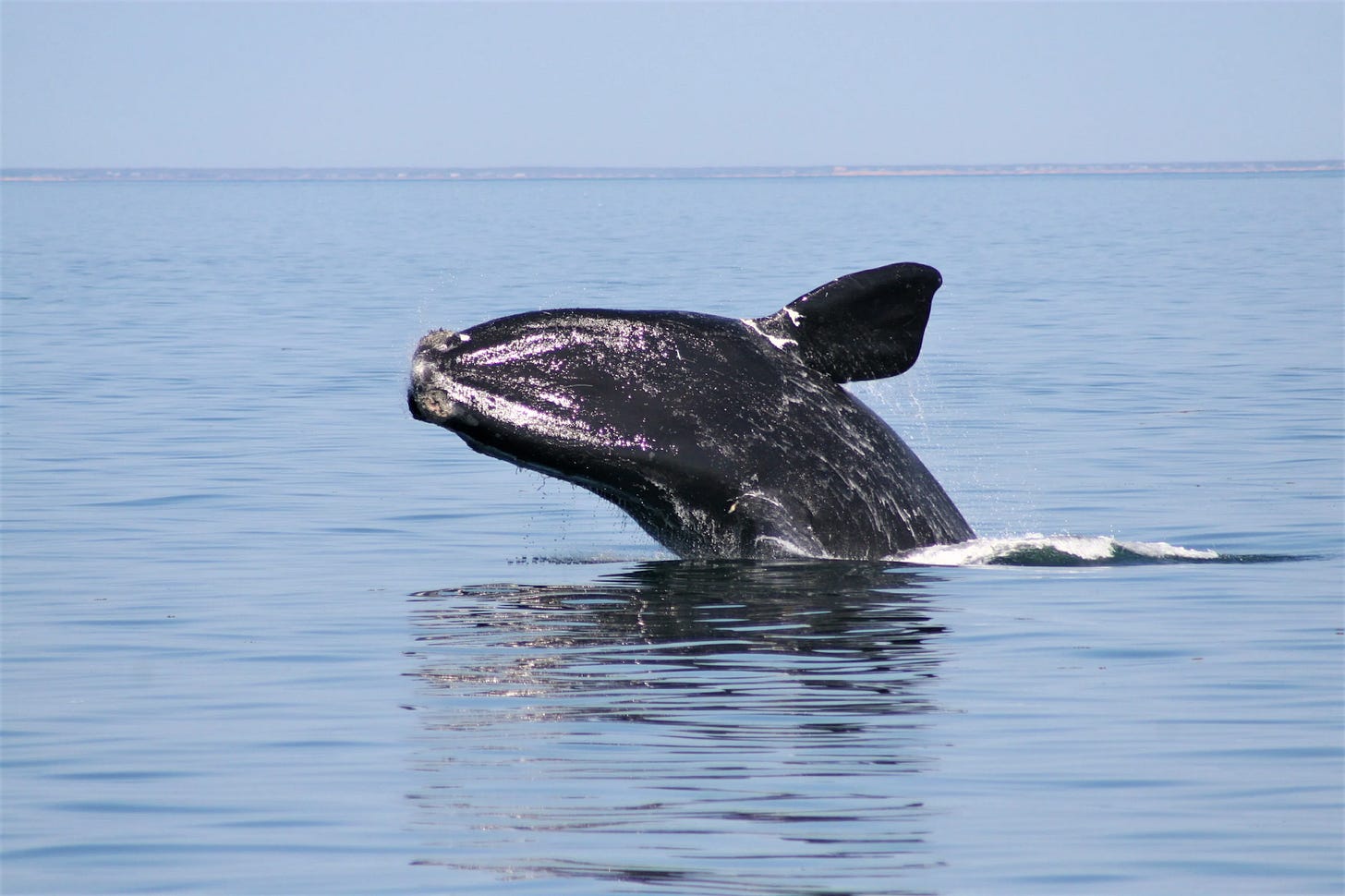The End of Miami's "Pit Bull" Ban
News and headlines for June 17 - June 23, 2023

These are some of the stories making headlines in animal protection:
My son found this little pigeon dragging his wing. After catching the bird, my son took him to a wildlife rehabilitation center. But since his wing was shattered and needed to be amputated, they said they would kill him. My son did not leave him there to die. While the little bird will get the surgery he needs, he cannot be re-released due to the loss of the wing. Instead, he will become a cherished companion.
Shelters that partner with wildlife “rehabbers” (or undertake wildlife rescue themselves) should reject the self-serving philosophy that equates killing with kindness when an animal is not mortally suffering.
Ensuring that every animal entering a shelter — whether classified as “domestic” or “wild” — is treated fairly, compassionately, and as an individual whose right to life is paramount is, after all, what the No Kill movement is all about.
A federal appeals court has dismissed a lawsuit to stop the U.S. Forest Service from allowing sheep to graze on public lands.
Plaintiffs alleged that the grazing decisions would lead to an increase in the number of wolf attacks on livestock, which in turn would cause the Washington Department of Fish and Wildlife to kill more wolves. The Department is permitted under Washington law to “authorize the removal or killing of wildlife that is destroying or injuring property…”
Because the gray wolf is listed as endangered in Washington, the Plaintiffs claimed doing so would violate the National Environmental Policy Act and the National Forest Management Act. The District Court and the Appellate Court both ruled that the Plaintiffs did not have standing to sue. Neither court considered the merits of the case.
A federal appeals court also sided with companies that kill lobsters, crabs, and other sea animals after they sued the federal government for “restrictions aimed at saving a vanishing species of whale.”
There are only about 340 North Atlantic right whales, and they are “vulnerable to lethal entanglement in fishing gear.”
The appeals court ruling could mean that the federal government must take another stab at crafting new rules to protect the whales. The restrictions would limit where lobster fishers can fish and what kind of gear they can use to try to prevent the whales from becoming entangled in fishing ropes.
U.S. Representative Jared Huffman has reintroduced legislation to ban M-44 chemical traps to kill wildlife. M-44 devices “trap wildlife with bait before releasing sodium cyanide into their mouths, killing them.”





